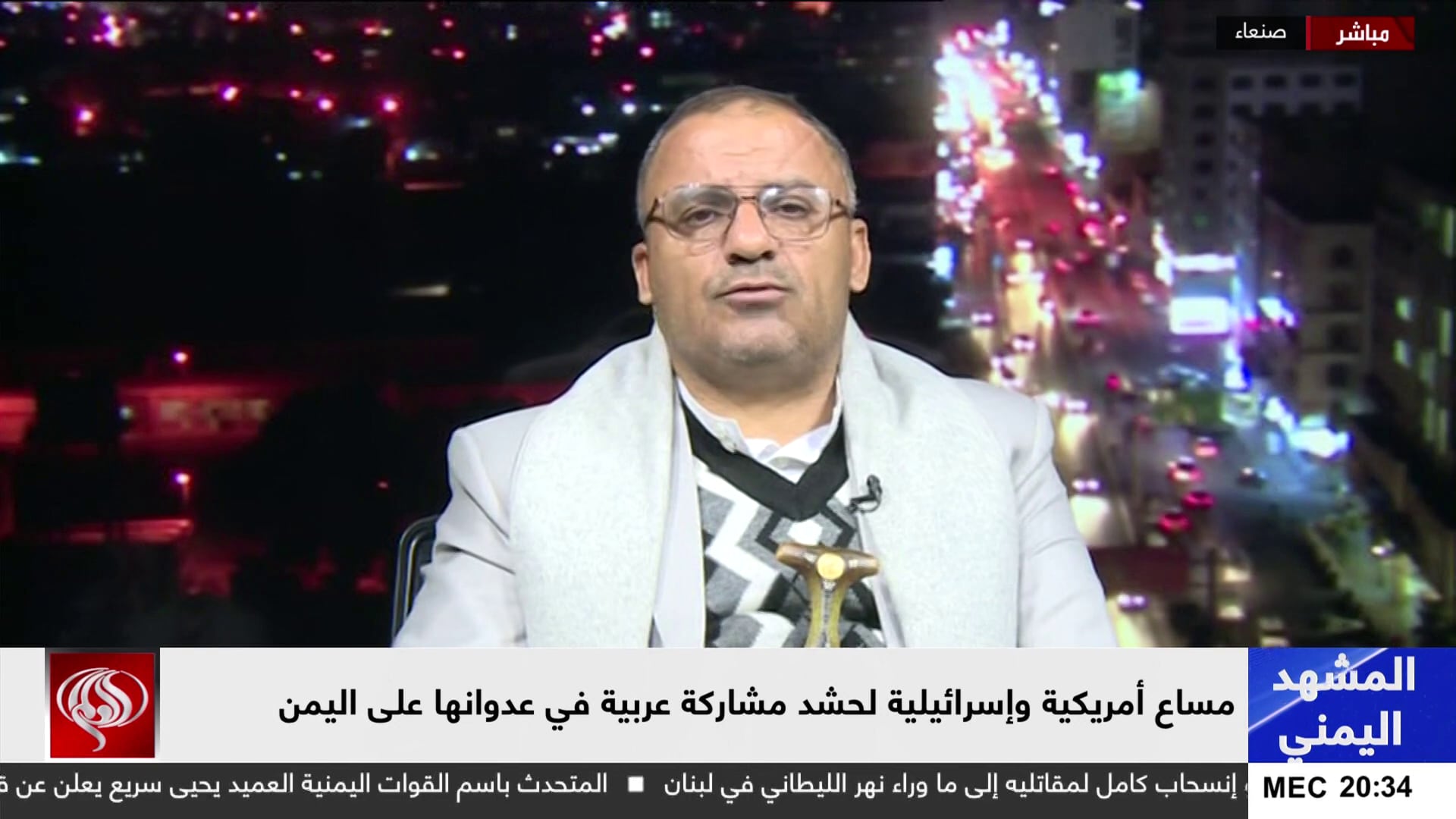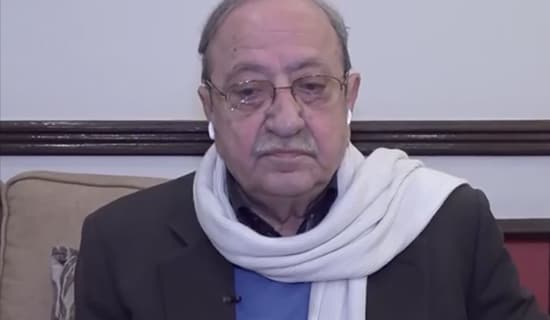
In a recent TV interview, former Saudi Internet celebrity Suleiman Al-Subaie, known as “Sambateek,” recounts how he became involved in Jihad in Syria after his brother was killed there. After several months in Syria, he turned himself in to the Saudi authorities. He said in the Channel 1 interview that he had become disillusioned when he saw that the Jihadi factions were fighting one another, instead of fighting the regime.
Following are excerpts from the interview, broadcast on March 5, 2014.
Suleiman Al-Subaie, “Sambateek”: The period after my brother Abd Al-Aziz’s release from prison was quite normal. I was quite young when he was sent to prison, and so was he. He was 18 or 19 years old. After six years, things were different. The brother I had could never really return.
[...]
All of a sudden, we received the message that he had left for Syria. It was almost impossible for him to leave, because he did not have a passport and he was forbidden to leave the country. But after we contacted him, we realized that it was true. He told us that he had used my passport.
[...]
Then came the picture of my brother, dead.
I didn’t think of going to Syria at the time, because I had no passport and by then, I was forbidden to leave the country. But one day, I was driving the car of a family member, and while looking for a cell phone charger, I opened the glove compartment and found a passport there.
[...]
I was strongly influenced by the killing of my brother. All I cared about was going to Syria and following in my brother’s footsteps.
[...]
When I reached Turkey, I began to focus on how to get into Syria. I contacted one of my Twitter acquaintances, and told him that I was in Turkey and wanted to enter Syria. He said to me: “A Syrian smuggler will contact you within 10-15 minutes. He and you will make the arrangements, and he will take you to Syria.”
Sure enough, after 15-20 minutes, I got a call from the Syrian smugger. He asked me where I was, and I told him I was at Istanbul Airport. He told me to travel to Gaziantep, and he would be waiting for me there. When I reached Gaziantep, the smuggler was there, and we crossed the border to Syria.
I had no prior knowledge about the Islamic and other factions fighting in Syria. I had only heard of Jabhat Al-Nusra and the Free Syrian Army [FSA]. I didn’t know that the FSA is divided into many factions. So I arrived in Syria with no background, and expected to join Jabhat Al-Nusra. But nobody asked me anything. They told me that I was with the ISIS, which is the same as Jabhat Al-Nusra. I didn’t care. I had a goal and didn’t care whether I joined one organization or the other. So I joined the ISIS. Most of the leaders were Iraqi and Syrian nationals.
When I arrived at the “guesthouse,” I was approached by one of the religious leaders there. He knew that I was Sambateek, the brother of “Abd Al-Hakim Al-Muahid.”
At the time, my [Twitter] account was growing. After I had had a rest, he took me aside, and asked me if I had any background in religious affairs. I told him that I had no such background or knowledge. He asked me if I had come for Jihad for the sake of Allah, and I said that I had. So he told me to let my Twitter account be used for Jihad for the sake of Allah. I asked him how, and he said that since I had no religious knowledge, they could use my account to publicize what was happening on the Syrian front. At first, this seemed normal to me, and I said: “No problem.”
[...]
At first, they encouraged the youth to come to Syria. Then they started talking against some Saudi clerics, and then against the rulers.
[...]
Once, they used my account to announce a fundraising campaign. This campaign was attributed to me and to another person, although I was in the middle of a battle when they announced that campaign. I was wounded in that battle. I had nothing to do with that fundraiser.
[...]
The people there were aged 20-35. Most of them were 20-25, but some were younger, aged 15-20. I thought it strange how they managed to leave [for Jihad] at such an age.
All the Saudis had the role of fighters. They were always on the frontlines. The Saudis who went to Syria – each had his own reasons. All they wanted was to fight.
[...]
At first, we all concentrated on how to fend off the regime, and to bring an end to the injustice and massacres from which the Syrian people suffer. But then all the discussions took a different direction. Recently, all the factions have begun to accuse one another of heresy. Each faction would accuse the other of heresy in order to fight it.
The takfir was also directed outside of Syria: They accused the Saudi rulers, some clerics, and rulers of other countries of heresy. Thise takfir was widespread. It was mostly the Tunisians who were involved in takfir, although personally, I doubt they had such extensive religious knowledge.
After a while, there was another development. The ISIS organization and Jabhat Al-Nusra began fighting each other. There was also fighting between them and the other factions. The most disturbing thing was that Saudis were fighting Saudis, although, if you asked them, they would all tell you that they came to fight the regime.
[...]
Recently, there has been nothing that could be called Jihad. All the fighting takes place between the factions. The regime used to be the only target, but now there is no fighting against it. All the factions are fighting one another.
I advise the young people there to leave if they can.
[...]
As for the young men here, I advise them not to go to Syria. Things are not what they seem.
[...]












